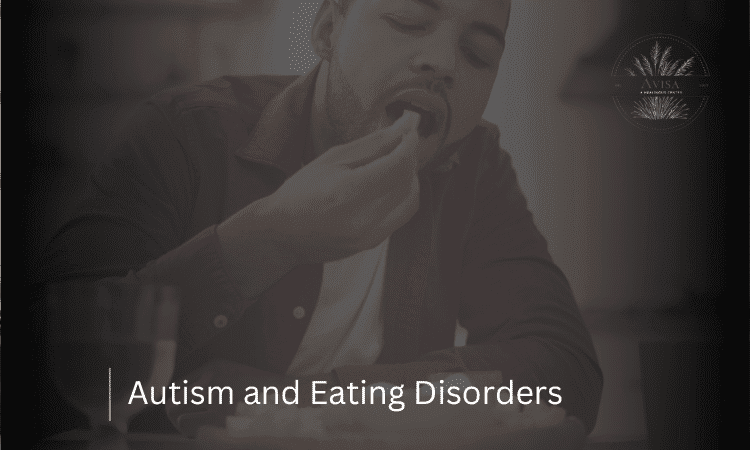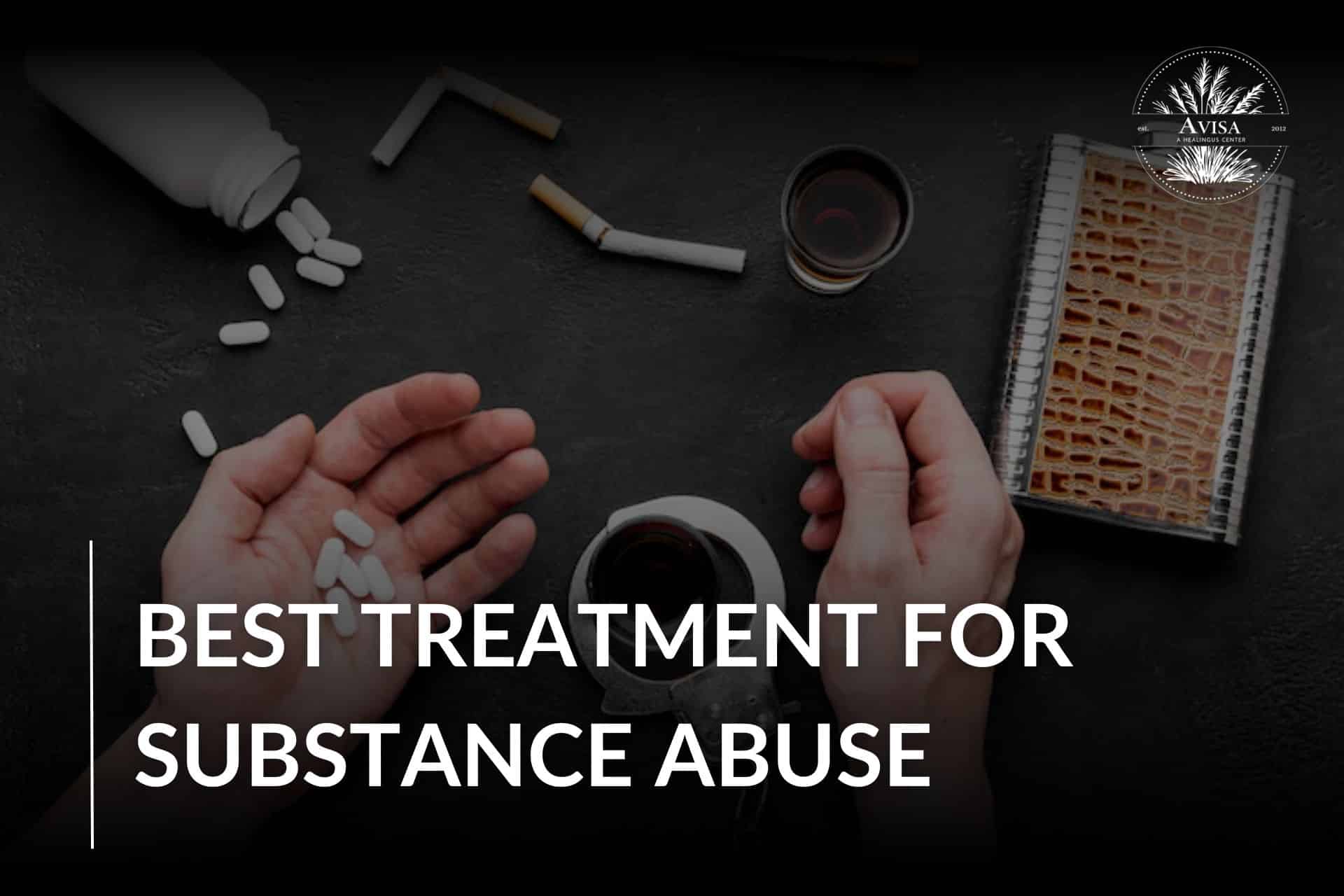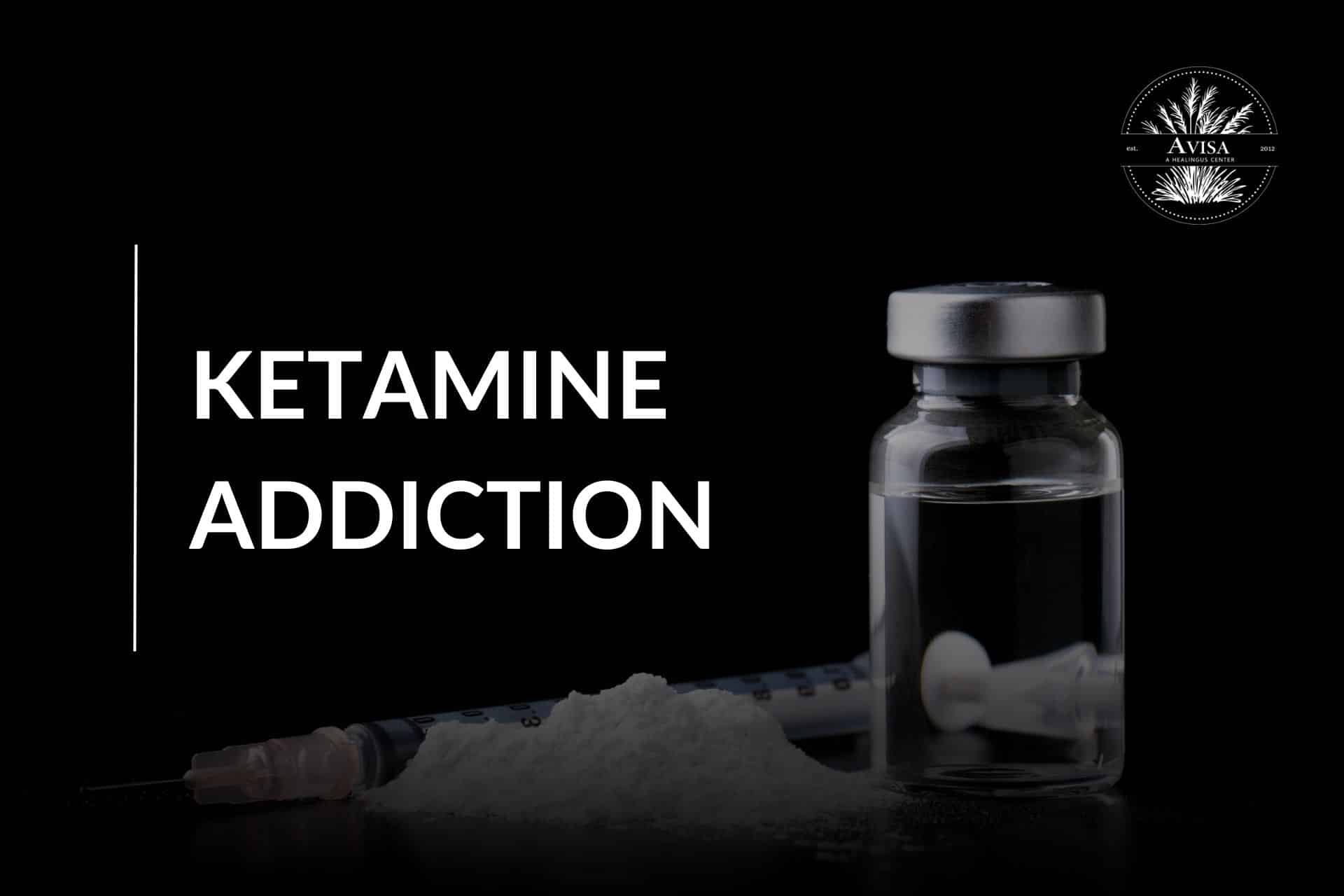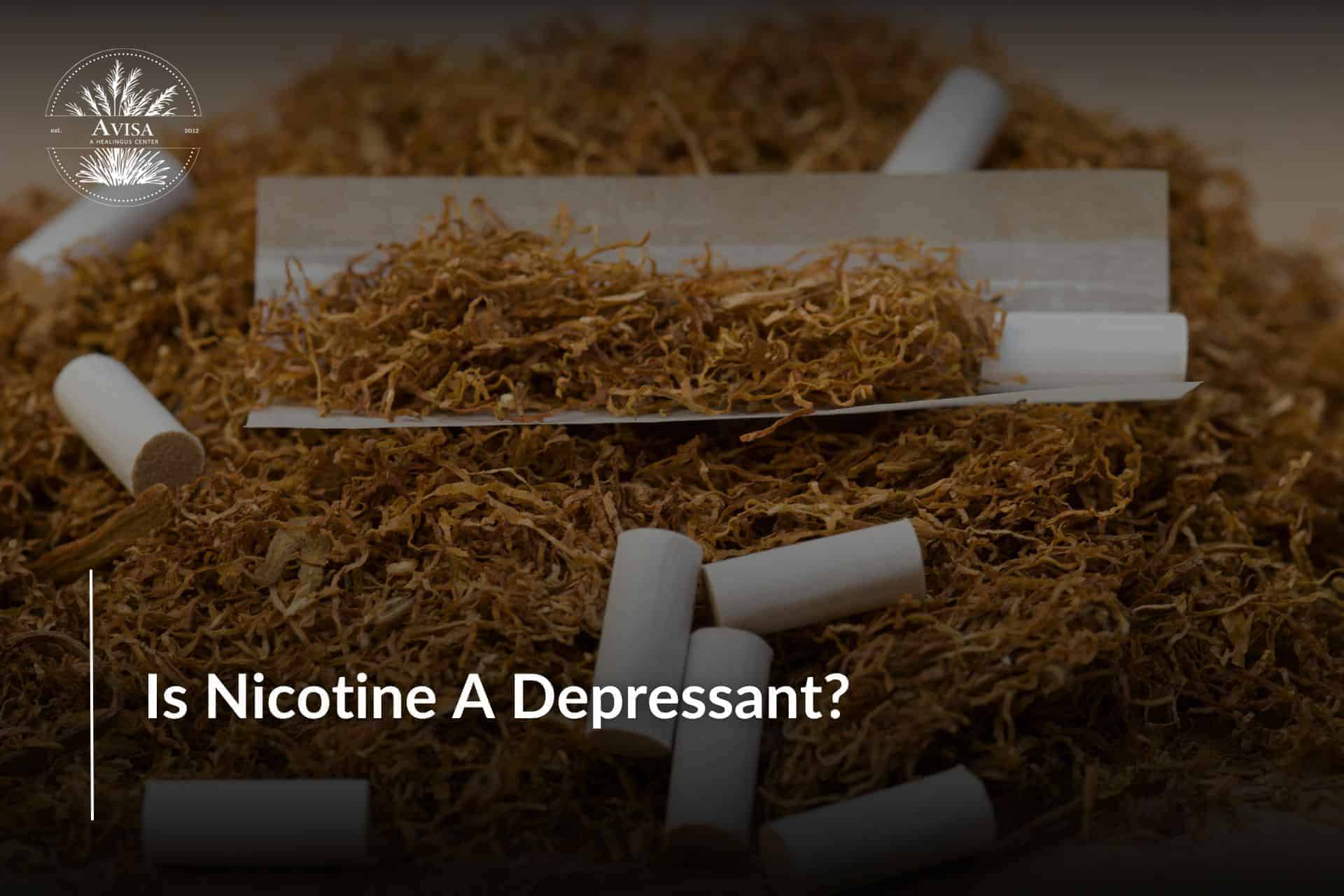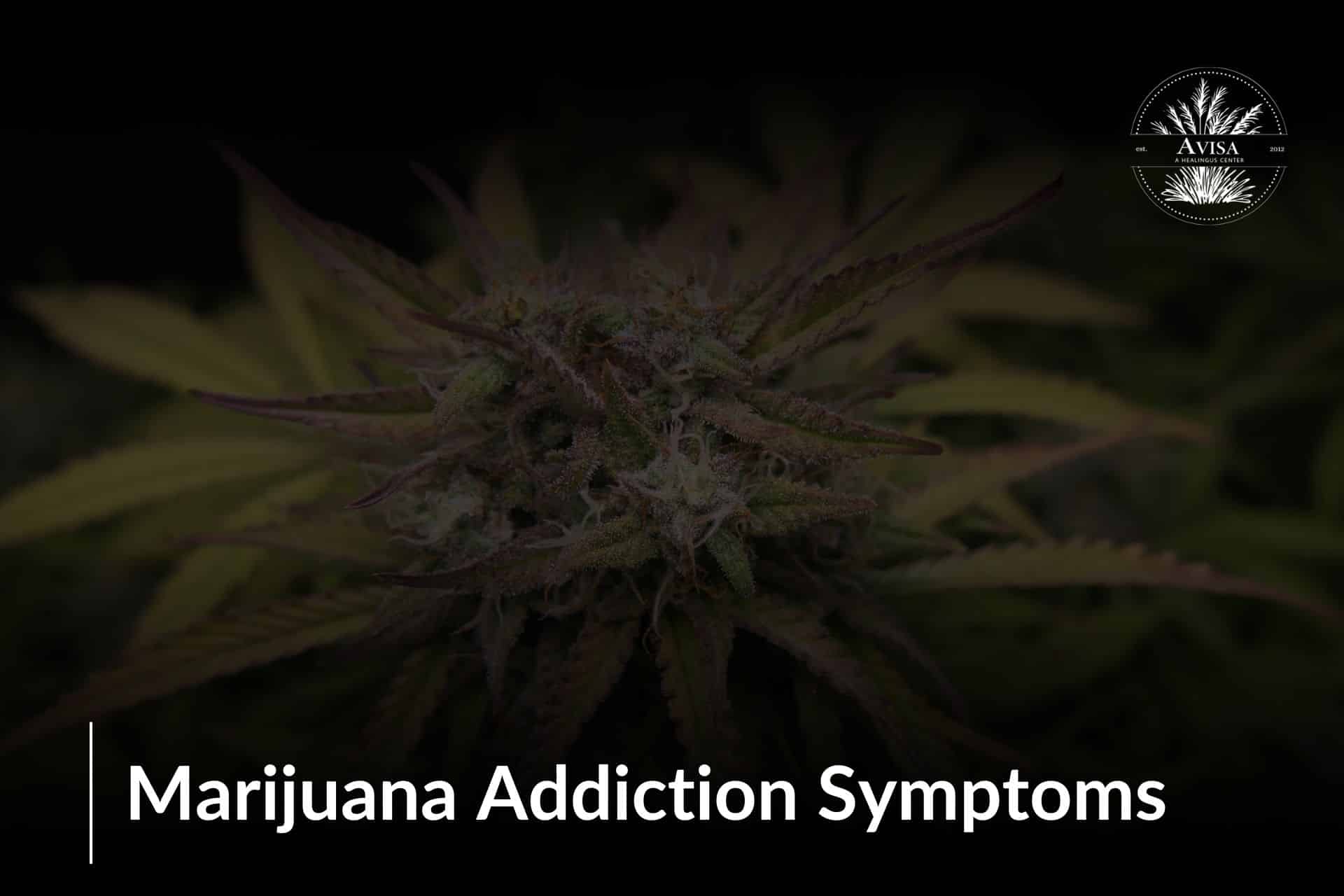Did you know ketamine, a medication used in hospitals, can be deadly if misused? Does naloxone reverse Ketamine? Ketamine is a medication with a surprising duality. On the one hand, it’s a powerful anesthetic used in surgeries and specific medical procedures. Doctors also use it for pain relief and even treatment-resistant depression. However, ketamine has a darker side. In recent years, it’s emerged as a drug of abuse, particularly at clubs and parties, often due to its dissociative effects that can cause hallucinations and a feeling of detachment from the body.
This blog post examines the nuances of ketamine overdose, unraveling fact from fiction. We’ll explore the dangers of ketamine misuse, the signs and symptoms of an overdose, and the crucial steps to take if someone experiences one. We’ll also address the common misconception, does naloxone reverse ketamine? By the end, you’ll have a clear understanding of ketamine overdose and the importance of seeking immediate medical attention in such situations.
Dangers of Ketamine Overdose
Increased Risk Factors
Taking ketamine safely requires understanding the factors that heighten the risk of overdose. Here’s what to watch out for:
Mixing Ketamine with Other Drugs, Combining ketamine with other drugs, especially opioids, alcohol, or depressants, significantly increases the risk of overdose. So, does naloxone reverse ketamine? These substances can have additive effects, further suppressing the central nervous system and potentially leading to respiratory depression or even coma.
Pre-Existing Health Conditions, Certain pre-existing health conditions can make someone more susceptible to the dangers of ketamine overdose. These include:
- Respiratory problems: Ketamine can slow down breathing, and this effect can be exacerbated by existing conditions like asthma or chronic obstructive pulmonary disease (COPD).
- Heart disease: Ketamine can raise blood pressure and heart rate, putting additional strain on a weakened heart.
- Mental health conditions: People with pre-existing mental health conditions, such as anxiety or psychosis, may experience worsened symptoms after using ketamine.
- High Doses: The risk of overdose rises significantly when using high doses of ketamine, especially for recreational purposes. Recreational users may not be aware of the correct dosage or the purity of the substance they’re taking, further increasing the risk.
Signs and Symptoms of Ketamine Overdose, does naloxone reverse ketamine?
A ketamine overdose can manifest through a variety of warning signs. Here’s a breakdown of symptoms categorized by body system:
Neurological System
- Confusion and disorientation: Individuals may struggle to comprehend their surroundings or exhibit signs of mental fog.
- Difficulty speaking: Speech may become slurred or incoherent, making communication challenging.
- Loss of coordination and muscle rigidity: Movement may become unsteady or jerky, and muscles may feel stiff or tense.
- Nystagmus: Eyes may dart back and forth uncontrollably, affecting vision and perception.
- Seizures: In severe instances, individuals may experience convulsions or seizures, posing a serious medical emergency.
- Coma: Ketamine overdose can lead to a state of unconsciousness, where individuals are unresponsive and unaware of their surroundings.
Respiratory System
- Bradypnea: Breathing may become abnormally slow or superficial, impacting oxygen intake.
- Respiratory depression: The respiratory system may become suppressed, compromising oxygen supply to vital organs and tissues.
- Cyanosis: Oxygen deficiency can cause the skin and lips to take on a bluish hue, indicating a serious medical concern.
Long-Term Consequences of Ketamine Overdose
Even if someone survives a ketamine overdose, there can be lasting health effects. The severity can depend on the duration and intensity of the overdose. Here are some potential consequences:
- Bladder Damage: Ketamine can irritate the bladder lining, leading to problems like frequent urination, urgency, or incontinence.
- Memory Problems: Ketamine overdose can cause memory impairment, difficulty concentrating, and even learning problems.
- Psychosis: In some cases, ketamine overdose can trigger psychosis, a mental health condition characterized by hallucinations and delusions.
- Addiction: Repeated ketamine use can lead to dependence and addiction, making it difficult to quit without professional help.
If you suspect someone is experiencing a ketamine overdose, call for help Immediately.
Treatment for Ketamine Overdose
A ketamine overdose is a medical emergency; every minute counts when someone’s breathing or vital functions are compromised. If you suspect someone is experiencing a ketamine overdose, calling emergency services immediately is the absolute most crucial step. Don’t hesitate to seek help; it could save a life.
Taking Action While Waiting for Help
While waiting for emergency personnel to arrive, it’s crucial to take some basic first-aid measures to support the person.:
- Stay Calm and Stay With Them: Don’t panic and don’t leave the person alone. Your presence provides reassurance and ensures their safety.
- Open the Airway: If the person is unconscious, gently tilt their head back and lift their chin to open the airway, allowing for easier breathing.
- Check for Breathing: Look for signs of chest rise and fall, or feel for breath on your cheek. If they’re not breathing and you are trained in CPR, begin CPR immediately.
- Avoid Giving Anything by Mouth: Don’t attempt to force fluids or medications down their throat, as this could lead to choking or aspiration.
Medical Intervention
Once emergency personnel arrive, their primary focus will be ensuring a safe airway and providing supportive care to stabilize the person. Here’s what you might expect:
- Oxygen Administration: If the person’s breathing is slow or shallow, they may be administered oxygen therapy through a mask or nasal cannula to increase oxygen levels in the bloodstream.
- Monitoring Vital Signs: Medical staff will continuously monitor the person’s heart rate, blood pressure, breathing, and oxygen saturation to assess their overall condition and track their progress.
- Intubation (in severe cases): In severe overdoses with significant respiratory depression, a breathing tube may be inserted through the mouth or nose to secure the airway and provide mechanical ventilation if necessary.
Supportive Care in a Hospital Setting
If the person is stabilized in the field, they will be transported to a hospital for further monitoring and supportive care. This care may include
- Intravenous Fluids: Fluids may be administered intravenously to restore hydration and correct any electrolyte imbalances caused by the overdose.
- Medications (in specific cases): Depending on the specific symptoms, medications may be used to manage issues like seizures or high blood pressure. It’s important to remember that there is no specific antidote for ketamine overdose.
- Psychological Evaluation: A psychological evaluation may be conducted to determine if the person needs further mental health support, especially if they have pre-existing mental health conditions or experience psychological distress after the overdose.
By seeking immediate medical attention and providing basic first aid while waiting for help, you can significantly increase the chances of a positive outcome in a ketamine overdose situation.
Getting Help with Ketamine Abuse
Ketamine abuse can be a powerful pull, but there is a path to freedom. If you or someone you know is struggling with ketamine dependence, seeking professional help is crucial. Ketamine withdrawal symptoms can be uncomfortable and challenging to manage alone. Treatment programs can provide the structure, support, and medical guidance needed to break the cycle of abuse and reclaim control of your life.
If you or someone you know is struggling with ketamine abuse, there is help available. Here are some resources to get you started:
Preventing Ketamine Overdose
The best way to avoid a ketamine overdose is to prevent using ketamine recreationally altogether. Ketamine is a powerful medication with unpredictable effects, and its recreational use carries significant risks.
However, if you choose to use ketamine, here are some harm-reduction strategies to minimize the risk of overdose
- Never mix ketamine with other drugs: Mixing ketamine with other substances, especially opioids, alcohol, or depressants, significantly increases the risk of overdose and can have unpredictable and dangerous interactions.
- Start with a low dose: If you’re considering using ketamine recreationally (which is highly discouraged), it’s crucial to start with a very low dose and wait to see how your body reacts before taking more. Remember, ketamine’s effects can vary significantly from person to person.
- Use in a safe and controlled environment: If you choose to use ketamine, do so in a safe and controlled environment with someone you trust who can monitor you and call for help if needed.
There is no safe way to use ketamine recreationally. The risks of addiction, overdose, and long-term health consequences are simply too high.
Conclusion
Ketamine, a medication with legitimate medical uses, can become a dangerous substance when misused recreationally. This blog post has shed light on the potential dangers of ketamine overdose, does naloxone reverse ketamine? its signs and symptoms, and the crucial steps to take if someone experiences one.
The potential for addiction, overdose, and long-term health consequences is simply too high. If you or someone you know is struggling with ketamine abuse, there is help available. Avisa provides the resources and guidance needed to overcome dependence and reclaim a healthy life.



